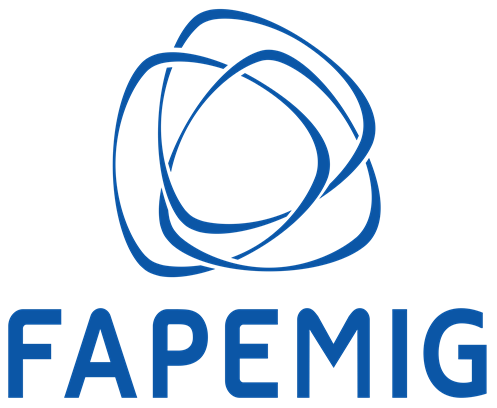Curriculum
According to the PPGCOM General Regulations, the curriculum structure of the Master’s and Doctoral programs is organized into two educational components:
- Core Training in Communication, which consists of the required courses that form part of the Basic Training within each Research Area.
- Elective Training in Communication, which includes optional courses offered by the respective and other Research Area, as well as other academic activities completed by the student.
For the Master’s program, of the 20 credits to be completed, students must take at least 6 credits in Basic Training courses within their Research Area (required courses).
To obtain the Master's Degree, the student must also meet the following requirements:
I - pass the Qualification Exam;
II - pass a foreign language exam, conducted in accordance with the relevant Resolution, or prove proficiency;
III - be approved in the defense of dissertation or equivalent work, demonstrating the ability to systematize and master both the topic and the relevant methodology, as defined in the General Regulations;
IV - present to the Course Collegiate, within the time determined by its members, the final version of the dissertation or equivalent work, in accordance with the instructions of the Examining Committee.
For the Doctoral program, of the 16 credits to be completed, students must take at least 6 credits in Basic Training courses within their Research Area (required courses).
To obtain the Doctorate/PhD Diploma, the student must also meet the following requirements:
I - pass the Qualification Exam;
II - pass foreign language examinations, conducted in accordance with the relevant Resolution, or prove proficiency;
III - be approved in the defense of the thesis, resulting from planning and conducting necessarily original research, as defined in these Regulations;
IV - present to the Course Collegiate, within the time determined by its members, the final version of the thesis or equivalent work, in accordance with the instructions of the Examining Committee.
More information (available only in Portuguese)
- General Regulation (.PDF)
- List of courses linked to each Research Area
- Semester-by-semester course offerings
- Course availability for non-UFMG students (“Single Courses”)





